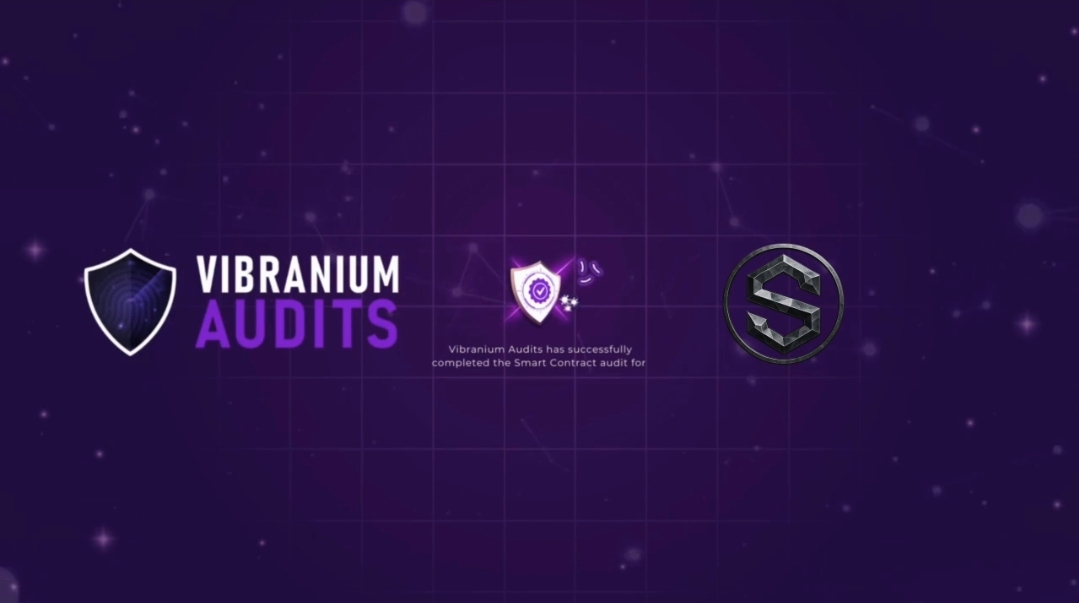The Bedrock staking platform suffered a loss of approximately $2 million after attackers exploited a bug that allowed them to swap 1 ETH for 1 BTC, despite the significant price difference between the two assets. At the time of the attack, Bitcoin was trading over $60,000 higher than Ethereum, yet the exploit enabled users to perform a 1:1 swap.
Details of the Attack
The bug was identified within a staking contract deployed just 36 hours before the attack. A third-party security firm had notified Bedrock of the vulnerability a few hours before the exploit occurred, but most of the Bedrock team was unavailable to respond in time, as they were asleep.
As a result, the attacker was able to drain funds from decentralized exchange liquidity pools, primarily through the swapping of Universal Bitcoin (uniBTC), a wrapped Bitcoin token on the platform, with Ethereum.
Notable Impacts
The exploit caused significant losses for Bedrock, as the attacker profited from the price discrepancy between Bitcoin and Ethereum. While $2 million was lost in the attack, the situation could have been far worse. The exploit involved an “infinite-mint vulnerability” in the uniBTC token, meaning that the attacker could have drained the entire protocol’s funds.
Fortunately, Bedrock worked with white-hat security groups, such as Seal 911, to quickly pause third-party protocols exposed to the at-risk funds. This way, the platform was able to reduce potential losses.
In a statement, Bedrock expressed responsibility for not having the smart contract audited before its deployment, despite working with some security firms. A spokesperson acknowledged, “We did not follow strict audit conventions for this contract and paid the price.” They also assured users that all affected funds would be fully reimbursed and announced the implementation of a recovery plan, which is currently being finalized.
Attempts to Recover Stolen Funds
While Bedrock was able to limit the loss to $2 million, the full recovery of funds is still in progress. The platform is working closely with white-hat hackers as well as some blockchain security firms to track and recover the stolen assets. Also, they are finalizing a reimbursement plan for affected users.
The initial wallet used in the attack was funded via Tornado Cash, a crypto mixer that has been sanctioned by the U.S. Treasury. After exploiting the contract, the attacker transferred the funds to a fresh wallet holding 650 ETH (worth about $1.73 million). While Bedrock attempted to reach out to the hacker with a white-hat offer, the wallet remains inactive, and the stolen assets are yet to be returned.
Bedrock assured its users that a blockchain audit and proof of reserves would be released once available to reinforce the platform’s commitment to security and transparency moving forward. With $10 million of the stolen assets frozen during recovery efforts, the platform continues to assure users that all uniBTC tokens held by users remain safe.
The exploit at Bedrock brings to light why thorough blockchain audits and DeFi security measures are important. The incident not only resulted in a huge loss of funds but also showed vulnerabilities within smart contracts that could have been avoided with proper oversight.
As the DeFi space continues to grow, understanding the details of smart contract security like Solidity becomes increasingly important. Moving on, platforms should learn to prioritise audits and employ good security practices. This way, they can ensure security against attacks and also protect users’ assets.
FAQs
1. What is a smart contract audit?
A smart contract audit reviews and analyses the code behind a blockchain project to identify vulnerabilities or security flaws. Audits are essential in ensuring the integrity and security of decentralised platforms, especially those handling user funds like Bedrock.
2. How did the Bedrock staking platform get hacked?
The Bedrock staking platform was exploited due to a bug that allowed users to swap 1 ETH for 1 BTC despite the significant price difference between the two assets. This vulnerability arose from a contract that had not undergone proper auditing, allowing attackers to take advantage of an infinite-mint flaw in the uniBTC token.
3. What are the risks of not conducting a smart contract audit?
Failure to conduct a smart contract audit can lead to severe vulnerabilities, as demonstrated by the Bedrock incident. Risks include potential hacks, fund losses, and damage to the platform's reputation. Proper audits help identify flaws before deployment, mitigating risks associated with user funds and platform functionality.
4. What steps can be taken to secure smart contracts?
To secure smart contracts, developers should:
- Conduct thorough audits by reputable security firms.
- Implement best practices in coding and testing.
- Use automated tools for static and dynamic analysis.
- Monitor contracts post-deployment for suspicious activities.
- Employ multi-signature wallets for fund management to add an extra layer of security.
5. What is a white-hat hacker, and how do they contribute to security?
White-hat hackers are ethical hackers who use their skills to help organizations identify and fix vulnerabilities. In the case of Bedrock, they could assist in recovering lost funds and improving security protocols, ensuring that the platform is better protected against future attacks.
6. How can decentralized platforms prevent rug pulls and exploits?
Decentralized platforms can prevent rug pulls and exploits by:
- Conducting regular smart contract audits.
- Utilizing transparent governance models.
- Implementing rigorous testing and validation procedures.
- Engaging the community in security practices and reporting suspicious activities.










